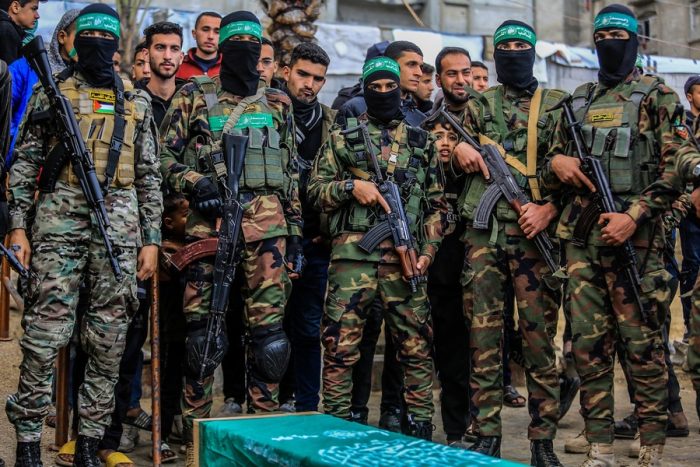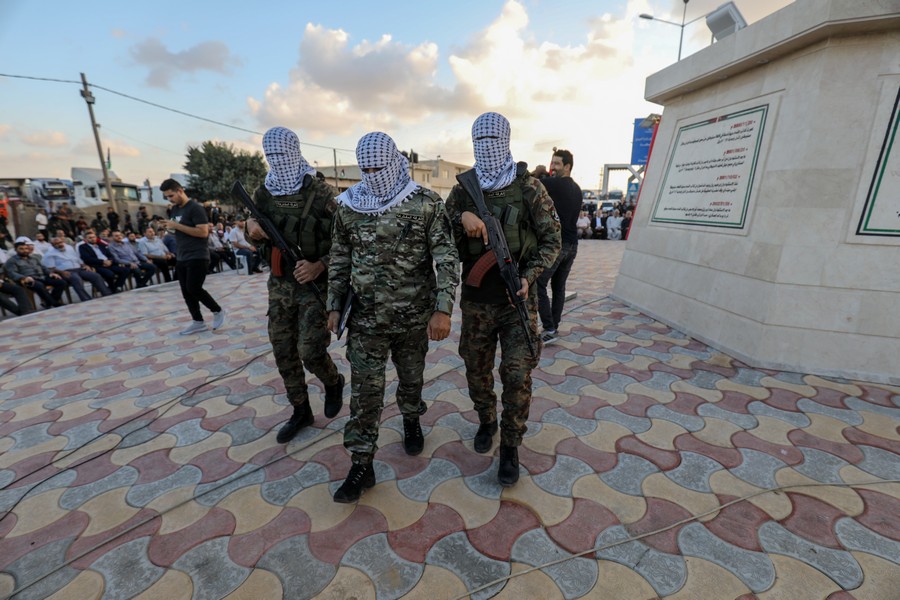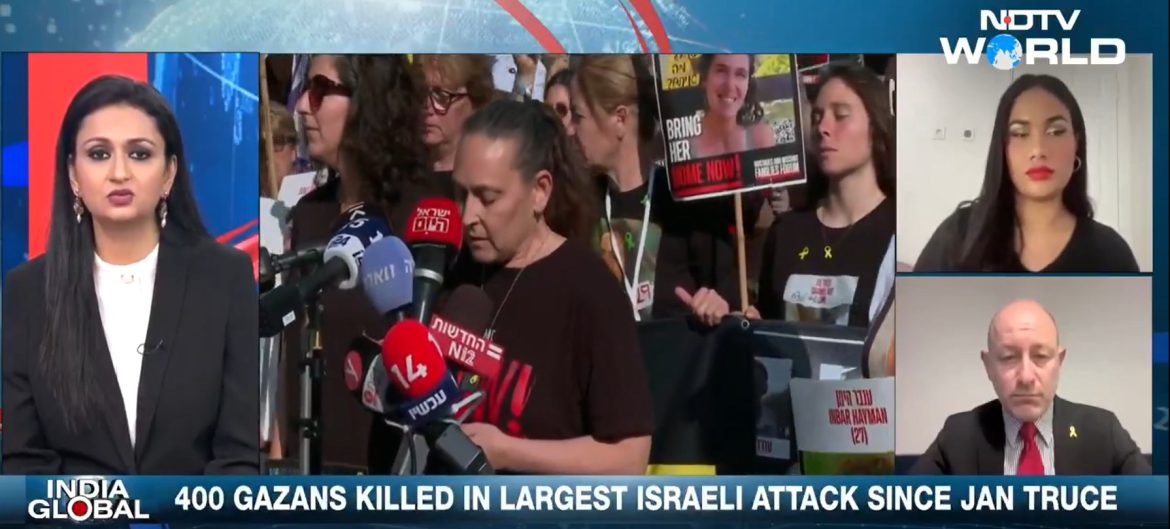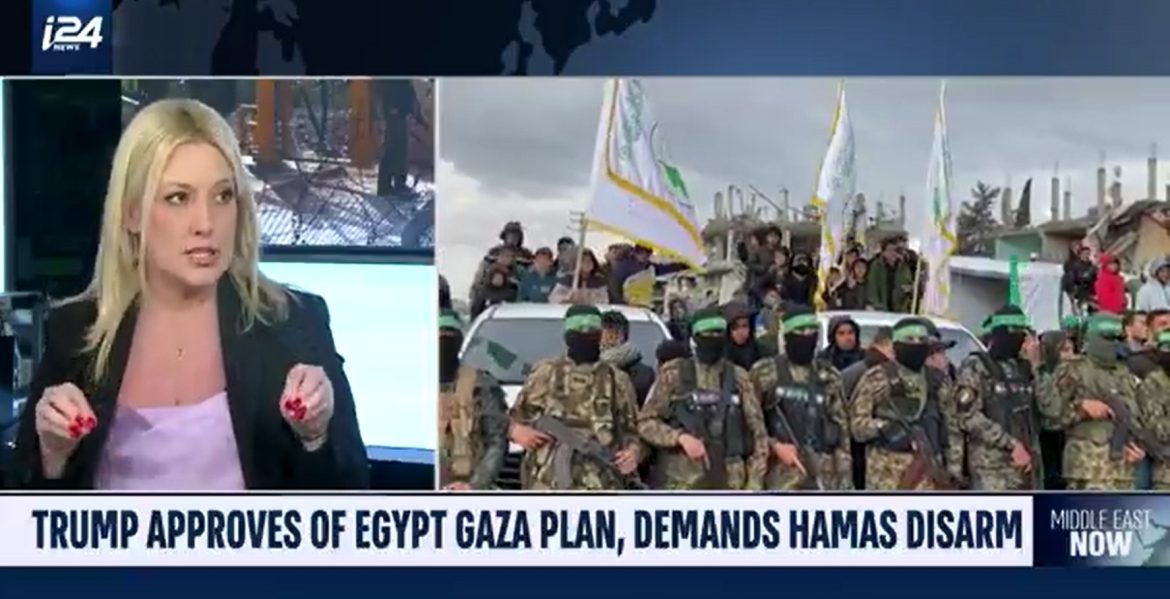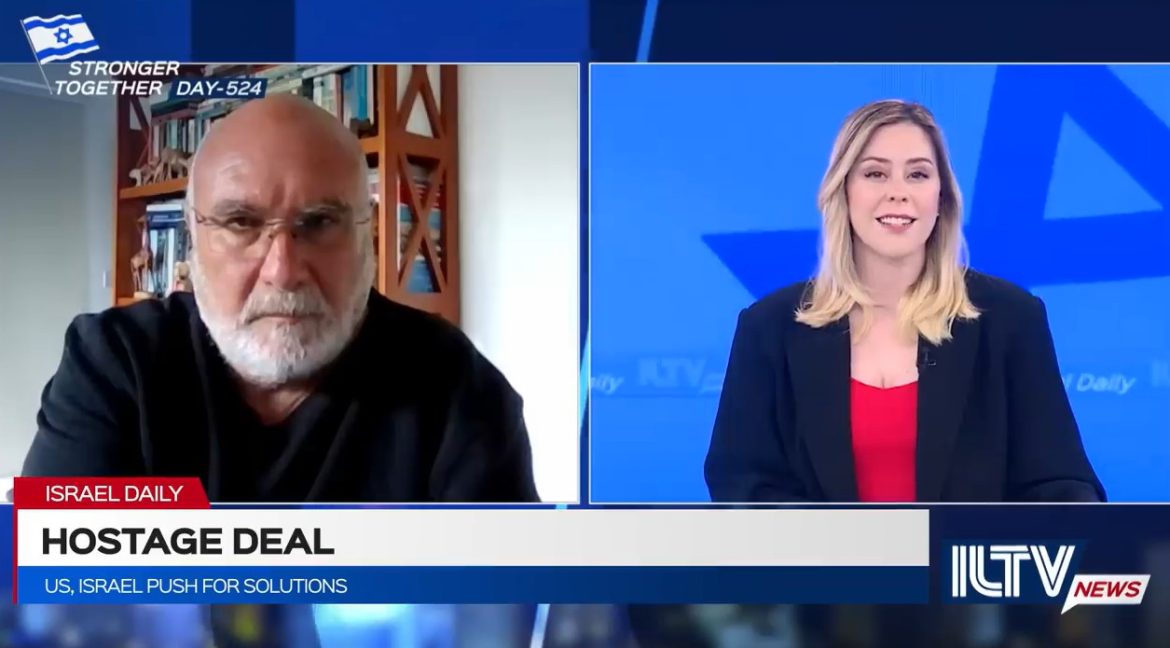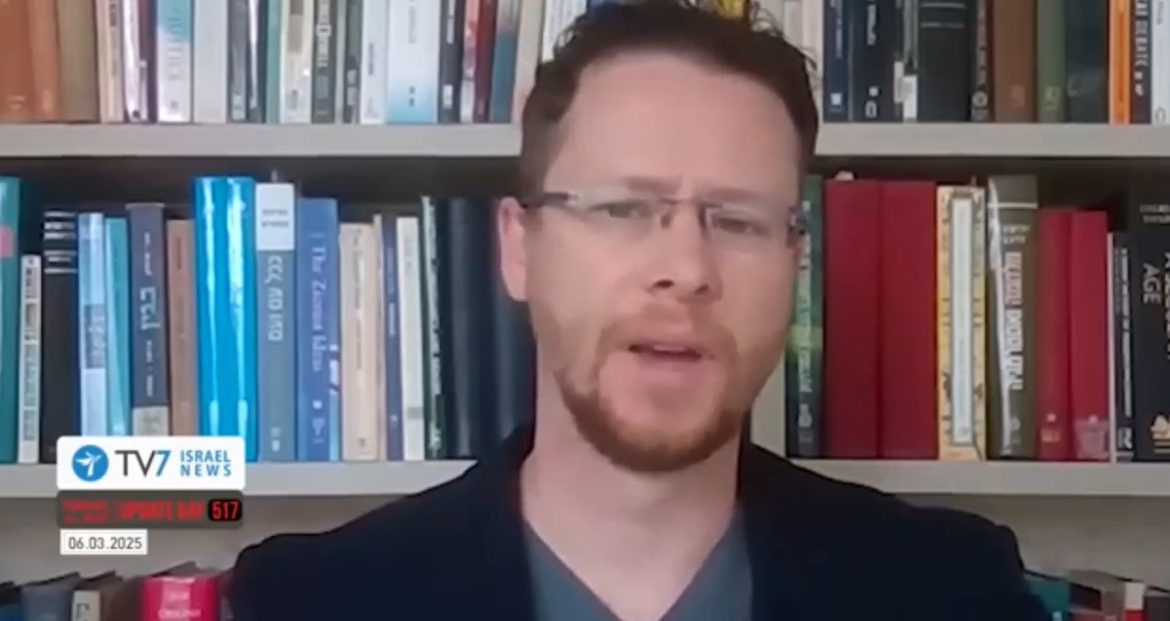In the Media
Prof. Kobi Michael: It is pretty clear and understood that the objective of the current military operation is to pressure Hamas to accept Witkoff’s proposal, not to come back to the negotiation table.
If Hamas continues to refuse the proposal, I believe Israeli forces would increase the military pressure, with the possibility of Israel looking to occupy the Gaza Strip at least with a “temporary military administration” that would aim to dismantle Hamas.
Published in NBC NEWS, March 24, 2025.
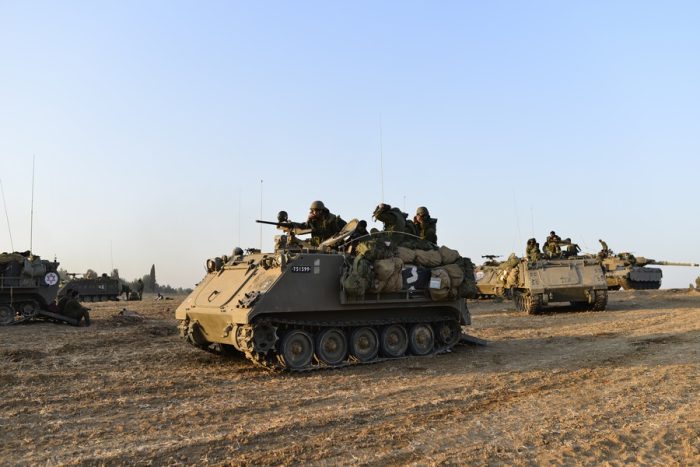
Arsen Ostrovsky: “sadly, this is not surprising nor is it an isolated incident. The UN was created in the wake of the Holocaust and upon the ashes of the 6 millions Jews murdered. Yet today, it has become the world’s foremost purveyor of antisemitism, seeking to carry out the indistinguishable agenda of Hamas and Hitler.”
Published in JNS, March 20, 2025.
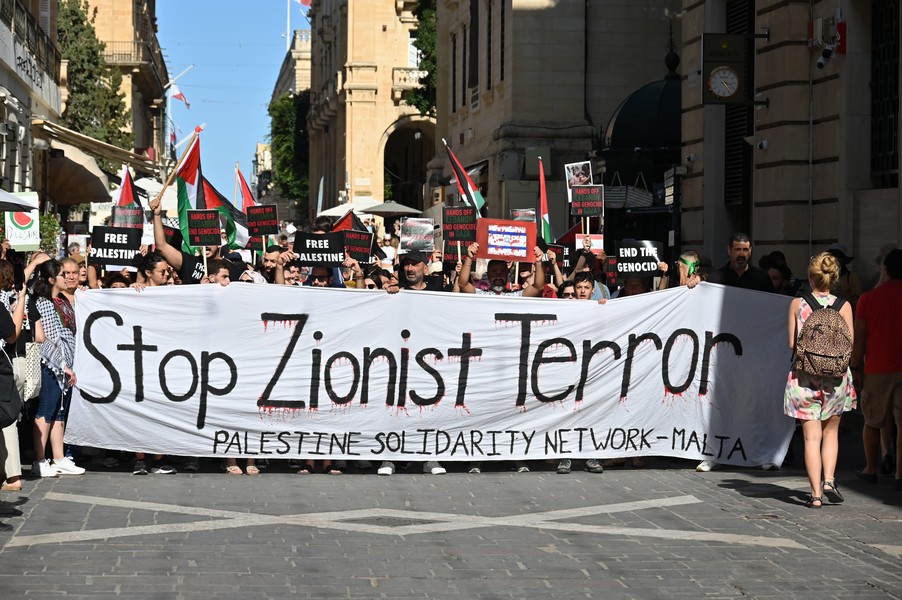
Arsen Ostrovsky: Hamas left Israel with no alternative but to resume military operations in Gaza, after they rejected repeated ceasefire proposals. It cannot be such that there is quiet in Gaza, but no hostages are coming out. This can all end tomorrow, if Hamas just agrees to Witkoff proposal and release the hostages, it’s that simple!
The interview took place on NDTV (India) on March 18, 2025.
Ruth Wasserman Lande: There are two missing links in the Egyptian proposal. First, no one is willing to put up the money if Hamas is not removed. Second, it is absolutely impossible to remove Hamas from the civilian population.
Anyone who says otherwise either does not understand the situation or does not want to understand it. Hamas is embedded in the population—that is its modus vivendi, its modus operandi. It is embedded in the social welfare structures, in the professional syndicates, and in all of the NGOs that have worked or continue to work in the Gaza Strip. They are, of course, present in all the religious institutions, and they control everything.
In other words, it is impossible and completely unrealistic to separate them. Therefore, not removing, at least temporarily, the civilian population will not allow for the proper rebuilding and rehabilitation of the Gaza Strip.
Additionally, I don’t see Egypt or Jordan as the right places for these Gazans to be temporarily moved in order to rebuild the Strip. As I’ve said before, they should be moved to Qatar.
Published in I24, March 17, 2025.
Arsen Ostrovsky explaining why Israel’s decision to halt aid to Gaza was entirely just and legitimate under international law, and noting that “Churchill and FDR certainly were not expected or required to provide aid to Nazi Germany during World War II, yet what we are seeing is a systematic legal double standard being applied against Israel.”
Published in JNS, March 18, 2025.
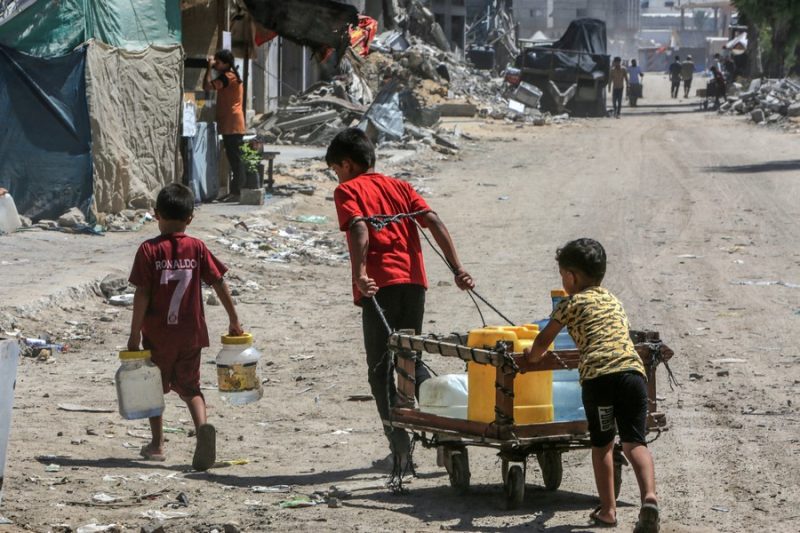
Sophie Kobzantsev: Israel needs to be very careful with Russia. I don’t think they’ll abandon Iran so fast. Iran and Russia worked closely in Syria, and while Iran may no longer have a foothold there, their cooperation continues in other areas.
Israel wants Russia in Syria because we know how to work with the Russians. The security understanding between us is comfortable.
Israel must ensure its own security interests are protected — to maintain demilitarization and a buffer zone — in coordination with the U.S.
Published in JewishInsider, March 13, 2025.
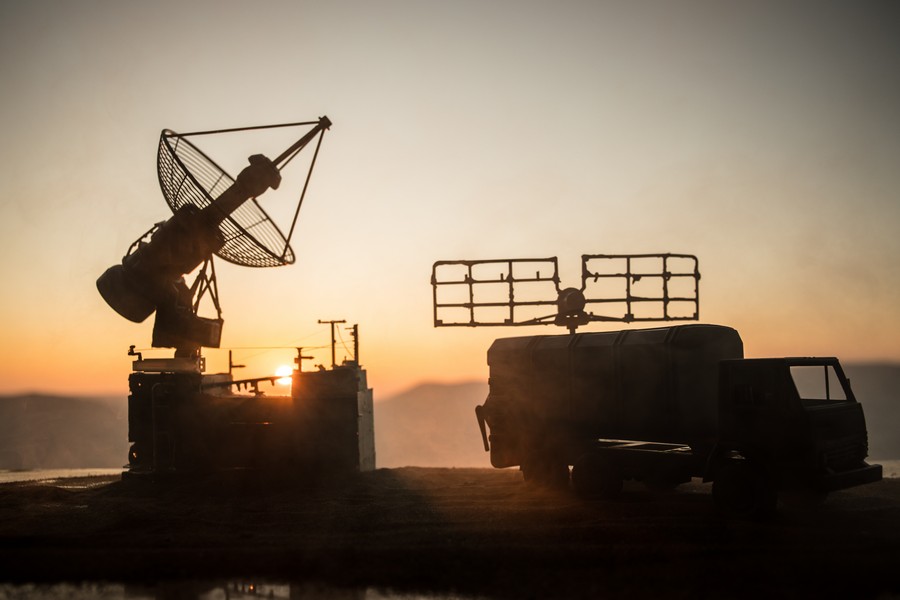
Prof. Kobi Michael: Israel should make it clear that it will only accept a plan for Gaza’s reconstruction after Hamas is no longer in power. Until then, there is no plan or idea that could succeed in Gaza with Hamas remaining as the sovereign power. When we look at the Arab League summit’s statement last week, we see empty words. Hamas isn’t mentioned once, but Israel is severely condemned. They talk about Egypt’s plan for Gaza’s reconstruction without addressing Hamas’s role. They also provide platforms that could allow Hamas to be part of Gaza’s future and the broader Palestinian system by calling for reforms to the PLO and Palestinian Authority, which includes all Palestinian factions—meaning Hamas too.
The interview took place on ILTV on March 13, 2025.
Dr. Raphael Ben Levi: Hamas doesn’t care about being killed or about deaths among Gaza’s population, therefore threats to eliminate them are unlikely to lead it to surrender. We must pressure Hamas with something they do care about: controlling territory. Israel must begin annexing small portions of the Gaza Strip, with each day the hostages remain captive resulting in more permanent land lost. This might be pressure Hamas understands. Other measures should include withholding aid to Gaza entirely.
Eventually, however, there is no alternative path to victory than the IDF conquering Gaza and imposing military rule in the interim. Only then can we begin discussing local Arab self-rule, as any technocratic government installed without first eliminating Hamas would inevitably fall under its control.
The full interview took place on TV7 Israel news on March 6, 2025.




